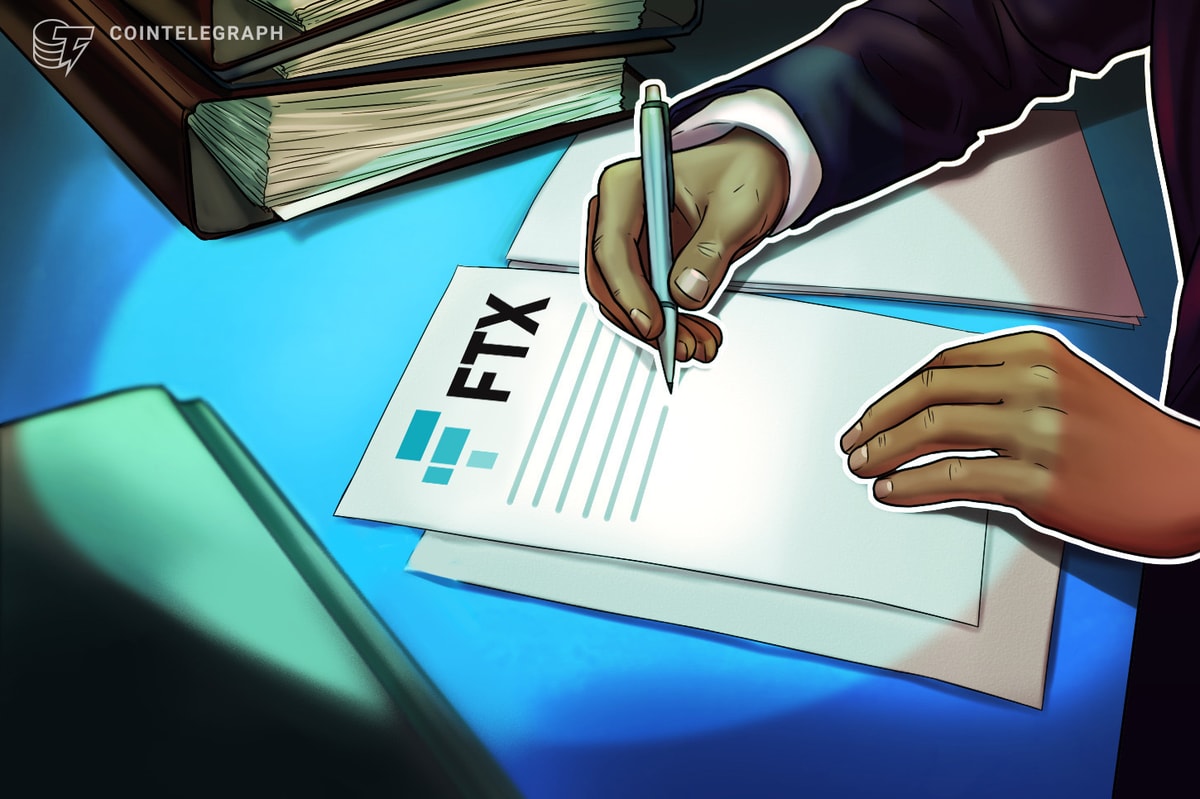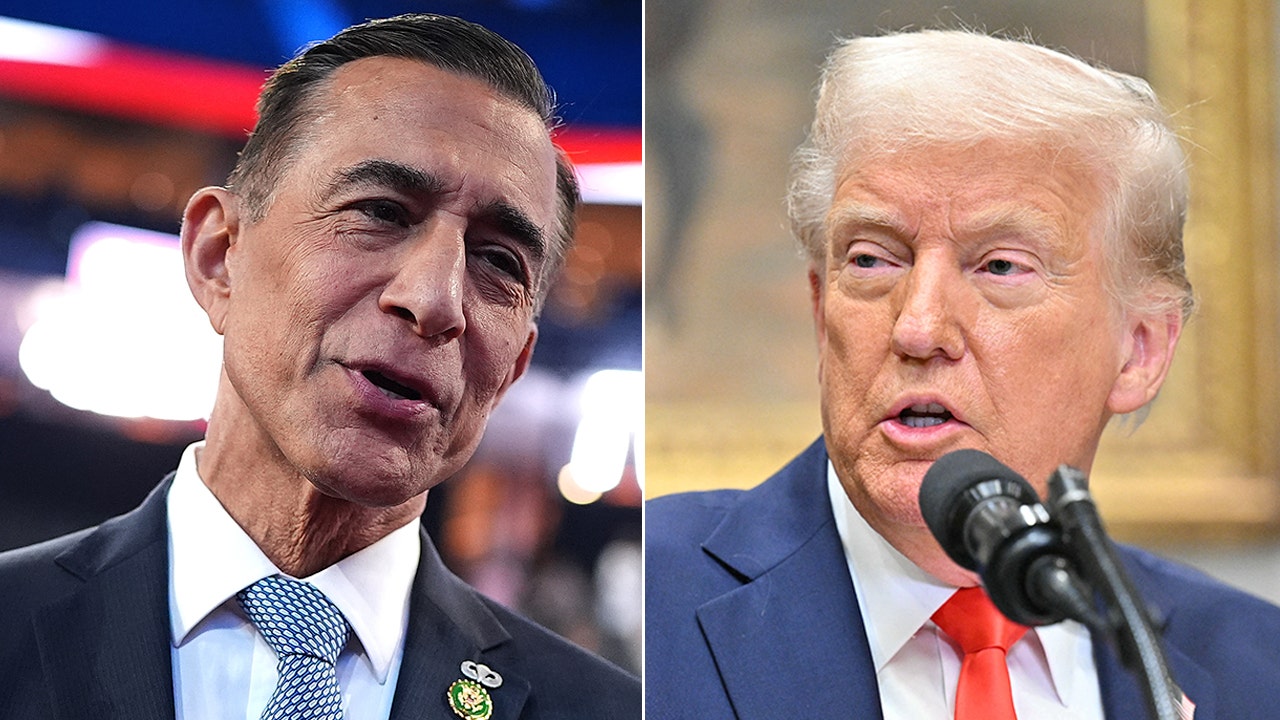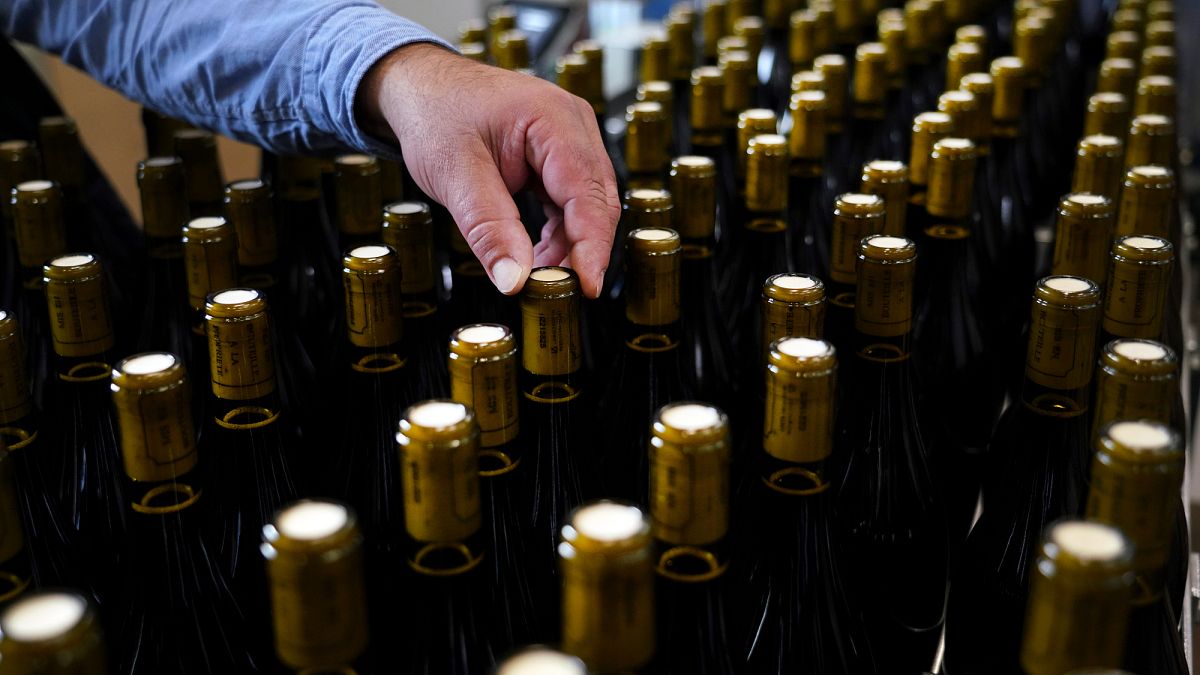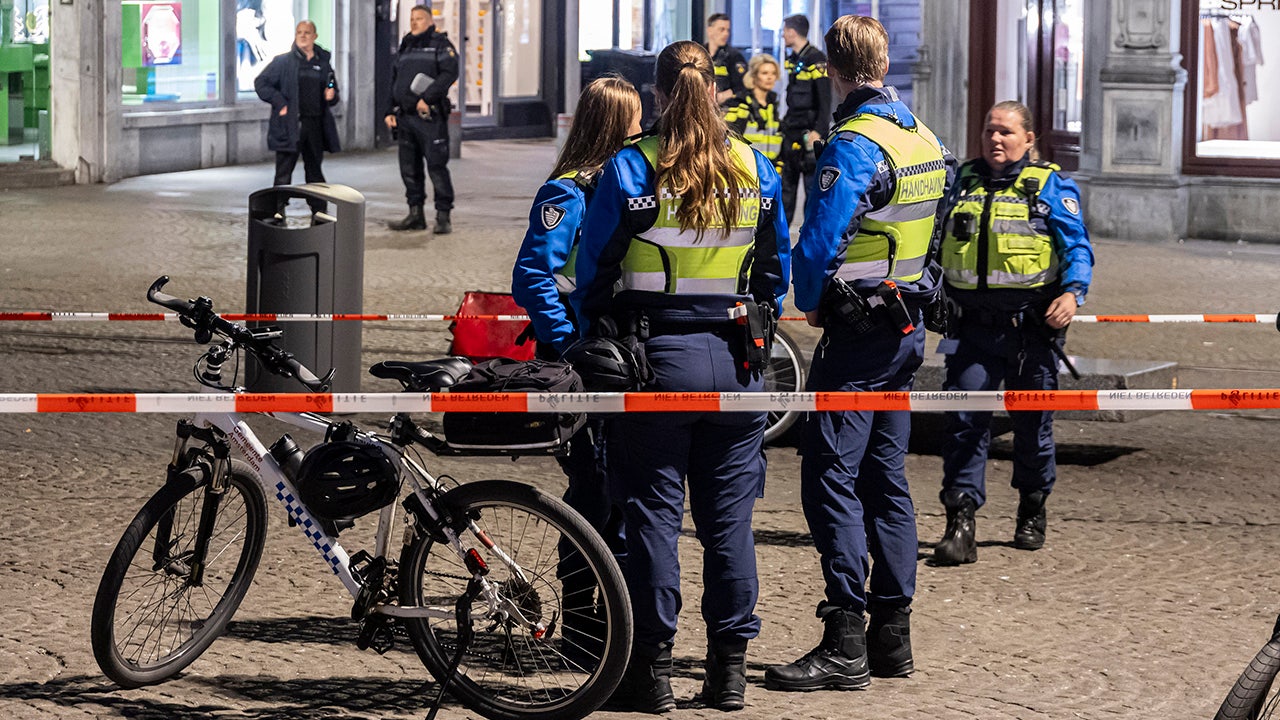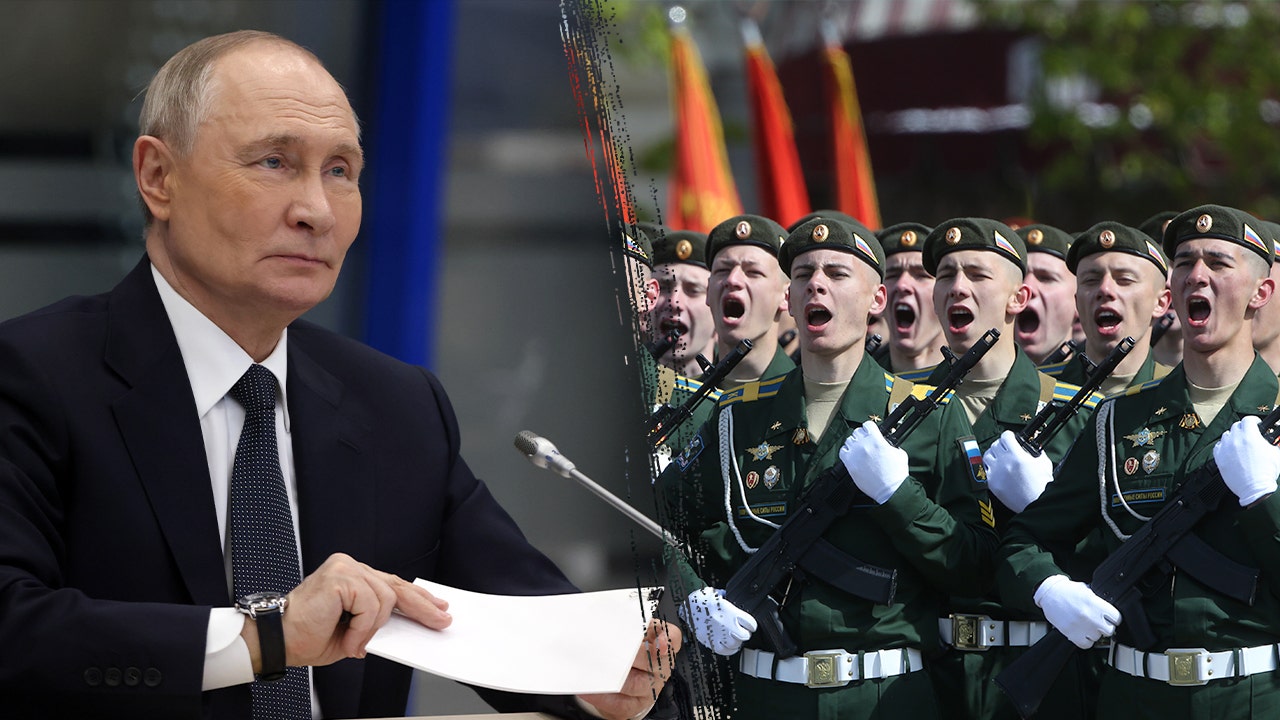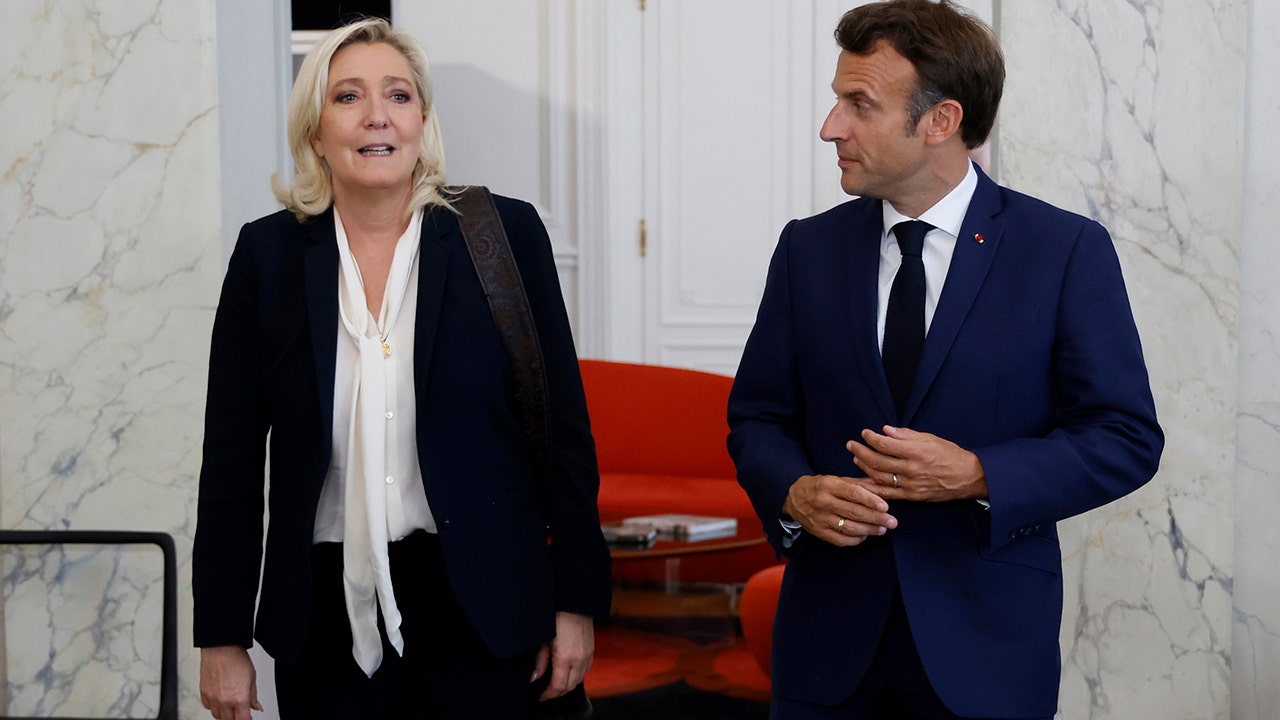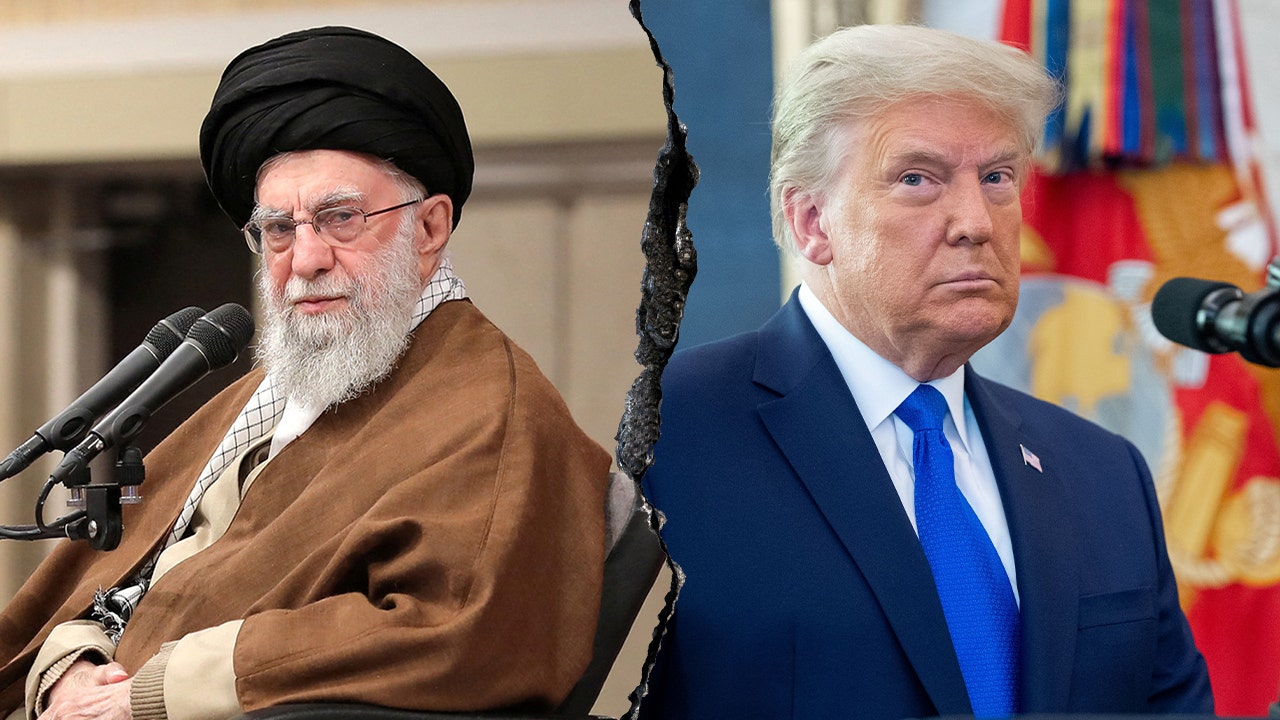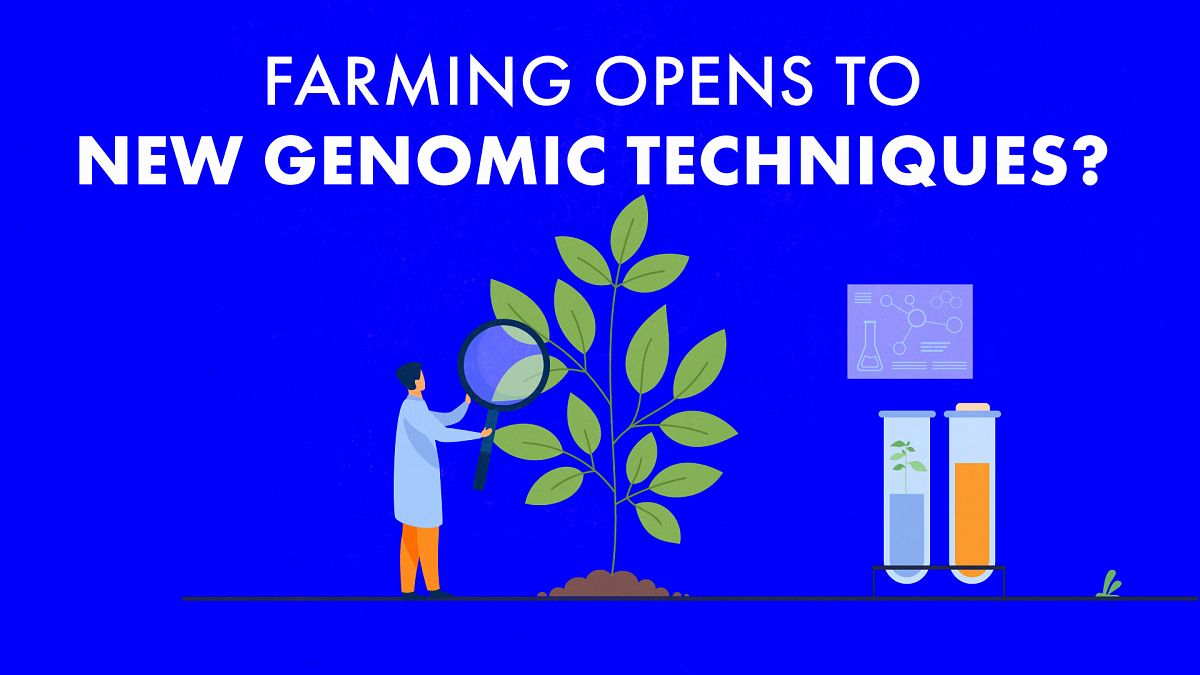‘Alcohol-free’, ‘0.0%’ and ‘alcohol light’ are the new standardised denominations proposed by the European Commission for no and low-alcohol (NoLo) wine products in a bid to enhance their appeal.
As part of its newly presented wine package, the EU executive has proposed three new classifications seeking to harmonise terminology across member states and support the growing market for non-alcoholic wines.
The overall package introduces targeted measures to help the sector manage its production potential, adapt to changing consumer preferences, and exploit new market opportunities.
The proposed designations define ‘alcohol-free’ as wines with an alcohol content not exceeding 0.5% by volume, while ‘0.0%’ is reserved for wines with an alcohol content not exceeding 0.05% by volume.
The term ‘alcohol-light’ will apply to wines with an alcohol content above 0.5% but at least 30% lower than the minimum strength of the category before dealcoholisation.
A ‘rebranding’ operation
Previously, EU legislation used the technical terms “fully and partially de-alcoholised” wines, which were seen as less consumer-friendly.
“The idea is to replace them with names that are more attractive and also more familiar to consumers,” explained a Commission official.
Dealcoholisation – the process that removes alcohol from wine – has evolved significantly and can now produce wines ranging from moderate alcohol levels (10-12% alcohol by volume) to almost no alcohol at all.
The three new terms, while already widely used, are currently regulated differently across member states, and the new rules aim to ensure uniform wine labelling throughout the EU.
0.0% Glühwein at Christmas
While the beer sector has successfully introduced non-alcoholic products, the wine industry has been slower to innovate.
With the global NoLo beverage market reaching approximately $13 billion in 2023 – a 62% increase since 2018 – this proposal aims to better position the EU wine industry to compete in an increasingly health-conscious market.
Recent years have seen evolving consumer demand for other reduced alcohol grapevine drinks and the proposal also paves the way for dealcoholisation of aromatised wines, such as glühwein or mulled wine, which was previously prohibited.
This change will allow these specialty products to be marketed using the same descriptive terms as standard grapevine products with similar alcohol content.
A package to help the sector
The wine package consists of amendments to multiple EU regulations and follows a 2023 consultation launched after member states called for urgent action to revitalise the wine sector.
The call to explore new rules for the growing market of no- and low-alcohol (NoLo) wine products emerged from this reflection group.
Beyond NoLo wine classifications, the package includes increased planting flexibility for vineyards, measures to prevent wine surpluses, clearer marketing regulations, enhanced support for climate resilience, harmonised labelling requirements, and promotion of wine tourism.
“I am convinced that our proposals will help stabilise the market and enable producers to seize new opportunities and respond to changing consumer expectations,” said EU Agriculture Commissioner Christophe Hansen in a statement.
Hansen is expected to present the package before MEPs in the European Parliament’s agriculture committee in early April and push for quick legislative approval of the measures.
Read the full article here


